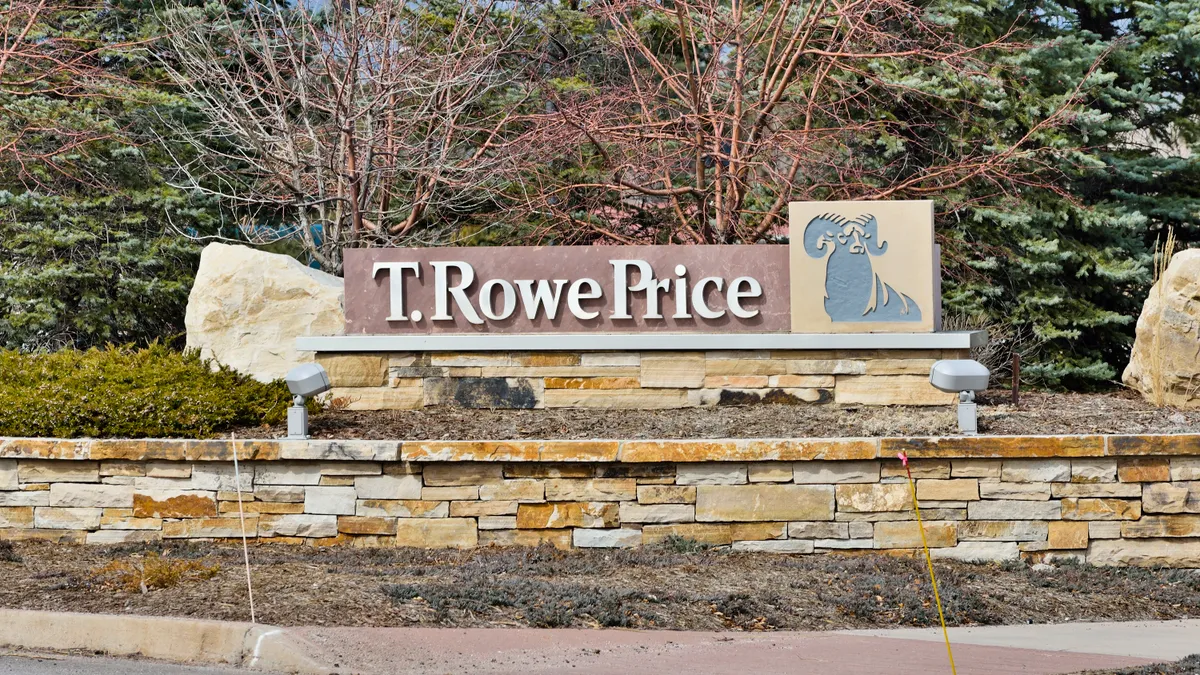Harold Wu had his work cut out for him when he was hired six years ago to head the procurement function at asset management firm T. Rowe Price.
Back then, the company lacked formal procurement policies and procedures, resulting in out-of-control spending across its various departments, Wu said in an interview, describing the scenario he encountered as the “Wild, Wild West.”
“There was no oversight of the spend,” he said. “Any and everybody could become a supplier. Anybody could sign contracts.”
When Wu was brought on board as T. Rowe’s first chief procurement officer, reporting to the CFO, he arrived with a mandate to radically transform company spending practices. “We put in a place a global policy that made procurement a mandatory service at T. Rowe for anyone wanting to buy something,” he said.
Currently, T. Rowe, which has $1.6 trillion assets under management, buys about $1 billion a year in goods and services, he noted.
Besides the introduction of new governance policies, technology has been another key pillar of the transformation journey, which is now in its second phase, according to Wu.
As part of “procurement transformation 2.0,” which began in 2023, T. Rowe is leveraging automation and artificial intelligence to further streamline the process, enabling internal stakeholders to buy what they need more quickly. This also allows the company to detect and block purchases that may be problematic, Wu said.
The procurement chief said that AI is also helping to expedite the assessment of potential suppliers — a process known as “sourcing,” which helps to ensure cost-effective purchasing decisions.
“What would previously take us months we can now do in days and weeks,” he said.
The company has adopted an AI-powered spending management platform supplied by Palo Alto, California-based Globality.
From the time Wu joined T. Rowe through last year, the company’s procurement transformation initiatives have resulted in cost savings of more than $40 million, he said during an August podcast hosted by Globality.
Deloitte survey findings published in August revealed that 92% of CPOs were “planning and assessing” generative AI initiatives this year. However, only 37% were already piloting or deploying generative AI in procurement at the time of the survey. “Based on the investment plans, this number is expected to grow rapidly in the next few years,” said a blog post on the findings.
Close to 11% of the surveyed organizations were spending more than $1 million of their annual budgets on generative AI capabilities for procurement and sourcing. Among those who have piloted or deployed AI in procurement, about 50% noted a doubling of return on investment compared to traditional methods, with some advanced implementations seeing ROI of more than five times.












